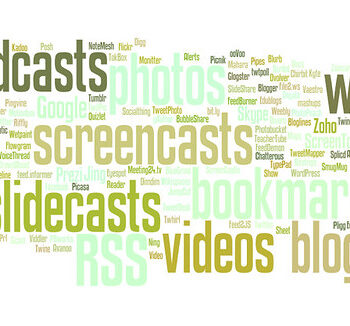Targeted advertisements are everywhere. Companies everywhere are analyzing what people are interested in and they are extremely good at showing people what they want to see to get them to spend more money by tempting people to buy their product. If someone looks something up online, they will get ads related to that. This is called targeted advertising. The things people talk about and look up on a daily basis, which show their real identity, almost always add up to their advertisement identity. Cell Phones and companies are extremely capable of picking up on things people are interested in. They are able to pick up on someone’s real identity and turn it into a “advertising” identity. They gain this information to do this through any device people use to browse the internet.
For example, take someone who works at a garage. They work on cars, so consequently they want to buy tools to make their life easier. Their phone hears this and thinks that is what they must like and they turn that into a group of ads to send their way. They are usually spot on with what people want to see. Once they go home, they most likely get ads for tools, that is their advertising identity. This proves that companies are extremely good at taking in someone’s real identity and coming up with a targeted ad for that person. They take the information gathered and turn it into ads to throw back at the consumer. Everyone at some point in their life has looked something up online and later received ads for similar items. If someone looks up a bunch of tools they want, their phone will recognize that as their “real” identity and in turn, create that person’s advertising identity, this is shown by the example just given. The fact that if someone looks up one thing and gets 100 ads for it, proves that phones know how to grab a person’s attention. .
Another example, take a television show. Take someone who goes through little bursts where they watch a season at a time, let’s say in a period of a week. After that week of watching, that person will get ads for similar shows, games on the app store or even products that relate to the show. Take Netflix as an example. After someone finishes watching a movie, they get suggestions for similar movies. This proves that companies are trying to find out peoples’ interests and show them more.
Products that people do not purchase but still click on, get thrown into the mix as well. Because that person showed interest in the item by viewing it, the companies still know that the person showed some sort of interest. If someone clicks on a tool on amazon, they will receive similar ads. Even if they do not purchase it. This proves that companies know what people want, because even if the customer doesn’t buy the product, they still realize that the customer was interested even a little bit in the product. For example, amazon thinks that because someone clicked on a book they thought was interesting, they must really be into books. That person must want another book! People will shop online for friends, for their birthday as an example. They will look at something that their friend has interest in and then they will see that product for weeks afterward.
To sum it all up, Companies online take in information provided by consumers. That company sees that this individual likes this content and throws more similar content at them. They can do this in a multitude of ways, including, by products people buy, or even not buy! If they still showed any interest in it that is. Television shows as well as movies provided by streaming services can be used to see what someone is interested in. At the end of the day, a consumer typically will see what they want to see, which is why phones and other devices on the internet are extremely capable of showing people what they want to see.
Cited Image











